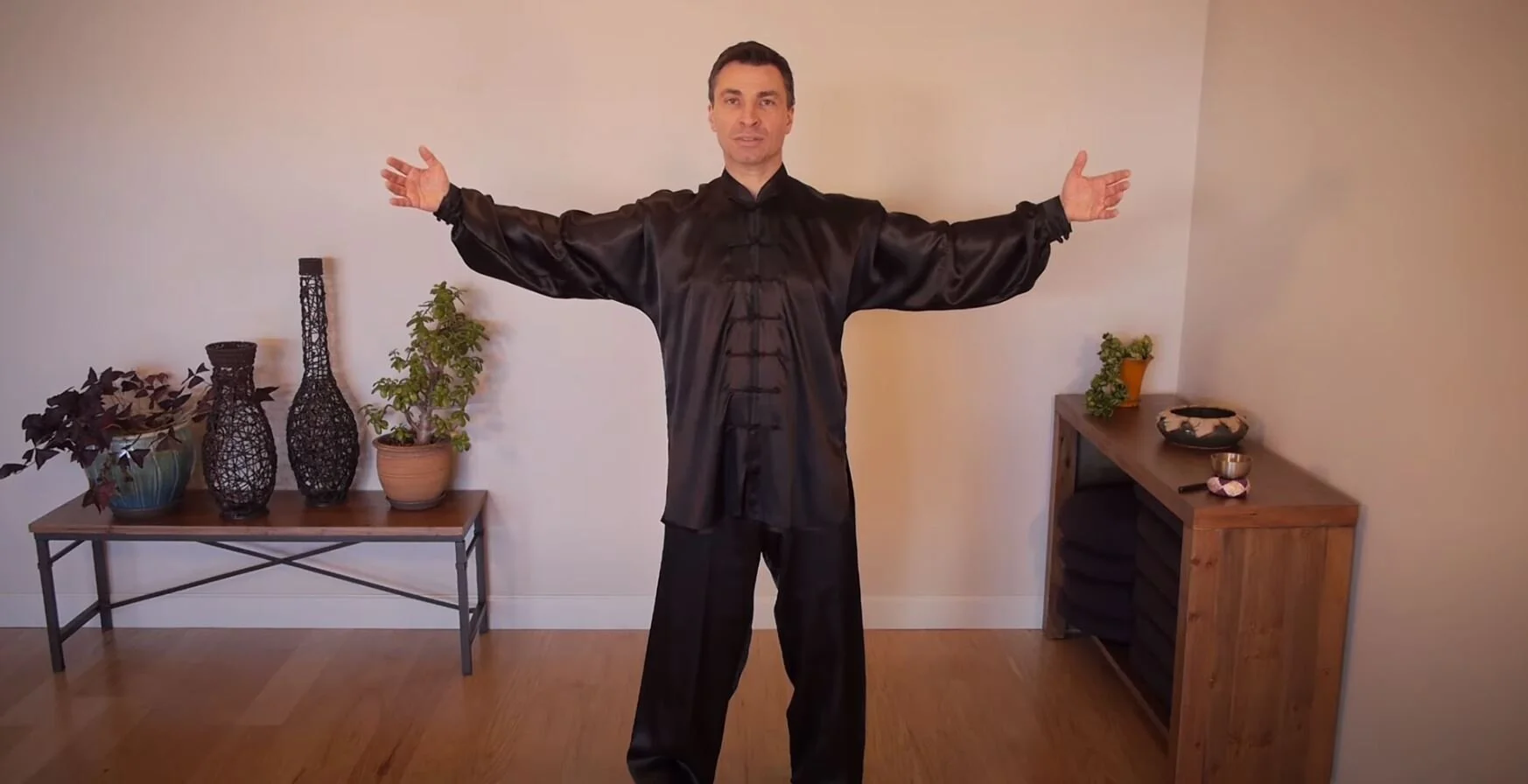The mind automatically creates stories about the people and events in our lives. These stories are almost entirely works of fiction based on our habits of thinking, our fears, and our childhood imprints. These stories reflect our subconscious programming, which very often is in control of our lives.
The following exercise uses a thinking routine to challenge the storyteller.















